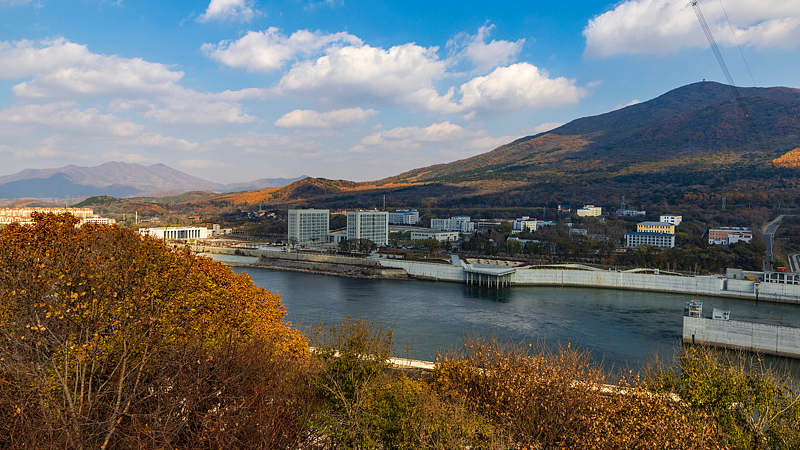A new policy from the General Office of the State Council of China is rolling out the red carpet for private investors. Designed to accelerate infrastructure growth, the "Several Measures on Further Promoting the Development of Private Investment" signals a major shift in how big-ticket projects are funded on the Chinese mainland.
The policy targets sectors that have traditionally relied on state funding1railways, nuclear and hydropower, cross-region power grids, oil and gas pipelines, LNG terminals, and water supply networks. Projects requiring state-level approval and offering solid revenue prospects will now undergo a special feasibility assessment that spotlights private capital participation.
What does this mean for private players? For starters, the feasibility study report must explicitly detail private investment plans. Companies are encouraged to step in, with shareholding ratios set by real-world factors: project scale, enterprise appetite, and policy requirements. In many cases, private investors can now hold more than 10% of a projectan opportunity that was once capped or uncertain.
Analysts say this move could unlock billions in new funding. Market watchers estimate that tens of billions of dollars in private capital could flow into these sectors by 2025, helping to meet urban expansion targets and boost energy security.
From energy startups to global investment funds, private players now have a seat at the table, collaborating on projects that were once the exclusive domain of state giants.
As the policy takes effect, keep an eye on announcements for green hydropower stations, high-speed rail corridors, and next-generation LNG terminals. With private capital in play, the Chinese mainland's infrastructure landscape is set for a dynamic transformation.
Reference(s):
cgtn.com




